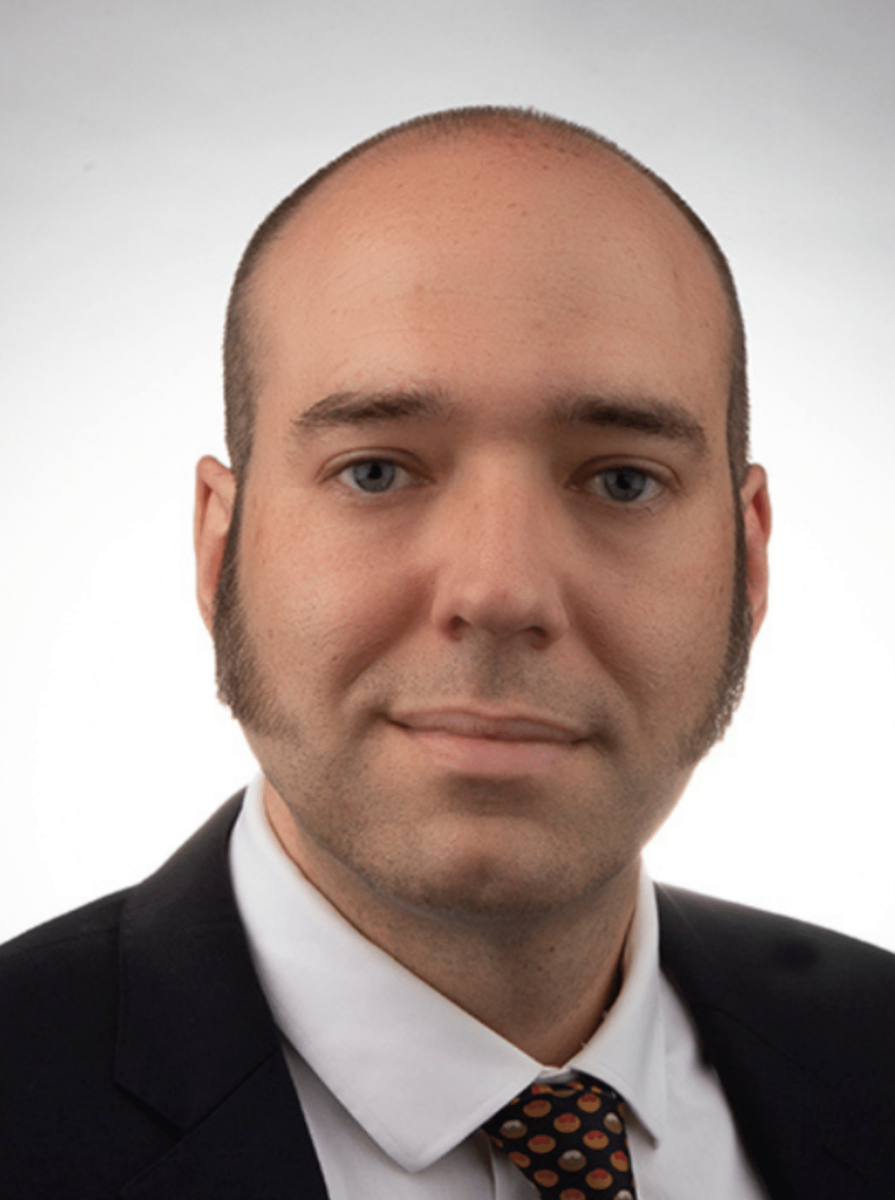As artificial intelligence reshapes education at UNCA, it is already changing the landscape for professionals in fields like accounting. Isaac Rowles, a partner at DMJPS CPAs and Advisors in Assurance Services, paints a picture of an industry whose future hinges on its ability to adapt to a rapidly changing technological environment.
“I don’t know if in 10 years it will be the same. I think there is a risk of the profession getting smaller because of technology and AI,” Rowles said.
Rowles didn’t begin his career in accounting. He worked as a chef for over a decade before deciding to pursue accounting at UNCA, where he graduated in 2013. Today, his audit work takes him behind the scenes of Asheville’s small and mid-size businesses. From nonprofits to manufacturers, Rowles’ experience gives him a broad view of how the profession is evolving.
Rowles highlights routine tasks like manual data entry, that once heavily relied on in entry-level jobs, are gradually disappearing as AI tools become more advanced.
“Traditionally, in an intern kind of role, there would be a fair amount of just data entry into basic worksheets. Those early intern type jobs are not going to be as available. It’s going to be more like, ‘Just jump right in there. Start interpreting this data,’” Rowles said. “I’m not sure what it’s going to look like exactly, but firms will be looking for people who can do important work like interpreting data and data analytics.”
According to Rowles, AI already provides insights into a company’s past performance and forecast its future, so to stay relevant, professionals must shift their focus from data processing to consulting and advisory services. He emphasizes explaining those insights to clients, interpreting the risks, and making strategic recommendations remain an important part of what only another human can do.
Rowles’ firm currently tests new AI-powered audit software that flags high-risk transactions and promises to reduce work time by up to 60%. While promising, Rowles said the firm is still comparing results against traditional audit processes to ensure reliability.
“I think you’re always gonna be testing it. It does so much more than just the analytics. It spits out the full end product, a full audit report. The simplest things we wouldn’t be taking much time to review. There’s a give and take there. It’s those really technical things that you’re going to make sure it’s getting right,” Rowles said.
As younger generations enter the workforce, Rowles notices a gap in interpersonal skills, which he attributes in part to the pandemic. He encourages students to develop phone etiquette, presentation abilities, and confidence speaking to clients of all ages and technical abilities.
“It seems that soft skills weren’t emphasized as much during the pandemic,” Rowles said. “I sometimes work with people who are afraid to call someone on the phone, but when you’re dealing with clients from older generations – people who may not know how to use Zoom but still run successful businesses – those soft skills are incredibly important.”
In terms of AI-proof paths within accounting, Rowles points to consulting and internal control analysis. Rowles said these are areas that require strong judgment and in-person observation.
For example, determining who can authorize financial transactions or sign checks involves activities that, for now, AI isn’t well-suited to handle.
Rowles offers pragmatic advice to today’s accounting students: learn to interpret analytics, sharpen your communication skills and embrace lifelong learning. He also encourages networking through groups such as 1 Million Cups Asheville, where local founders share startup ideas, and the Propel Series by the Asheville Area Chamber of Commerce, which supports and empowers young professionals.
“You can’t just hide behind your audit work papers anymore,” Rowles said. “You’ve got to be able to sell yourself and offer value to clients.”
Ultimately, Rowles emphasizes success will come down to adaptability.
“As CPA’s, we’re supposed to be constantly continuing our professional education,” Rowles said. “Not everyone does. There’ll be some people that are left behind. It’s up to each individual to stay relevant and educated.”


![Brooke Pedersen [second from the right] and Luis Reyes [right] hold banners during the Wrap The Woods event.](https://thebluebanner.net/wp-content/uploads/2025/09/ELIZABETH_PRITCHITT_IMG_3470-1200x804.jpg)
















